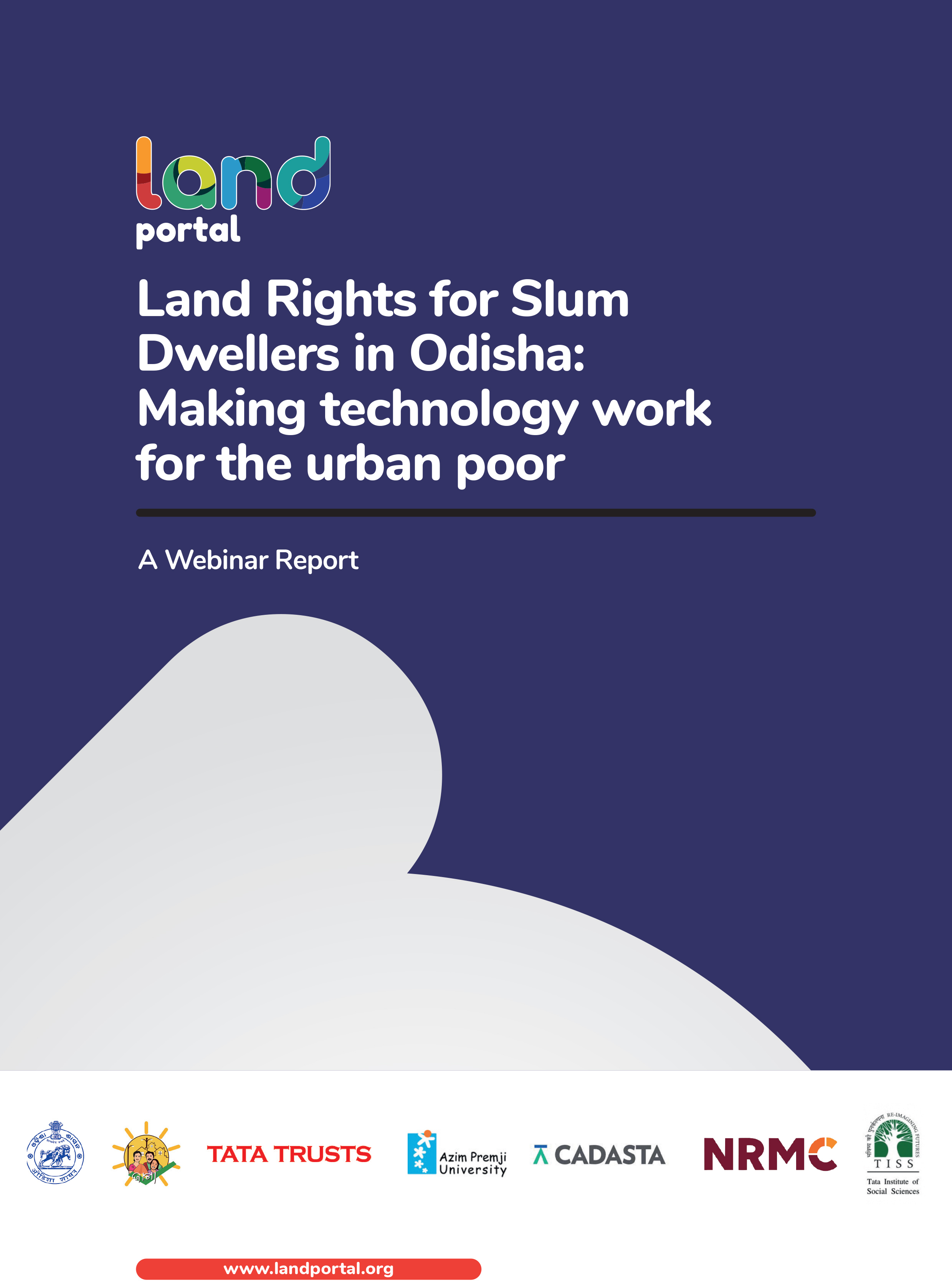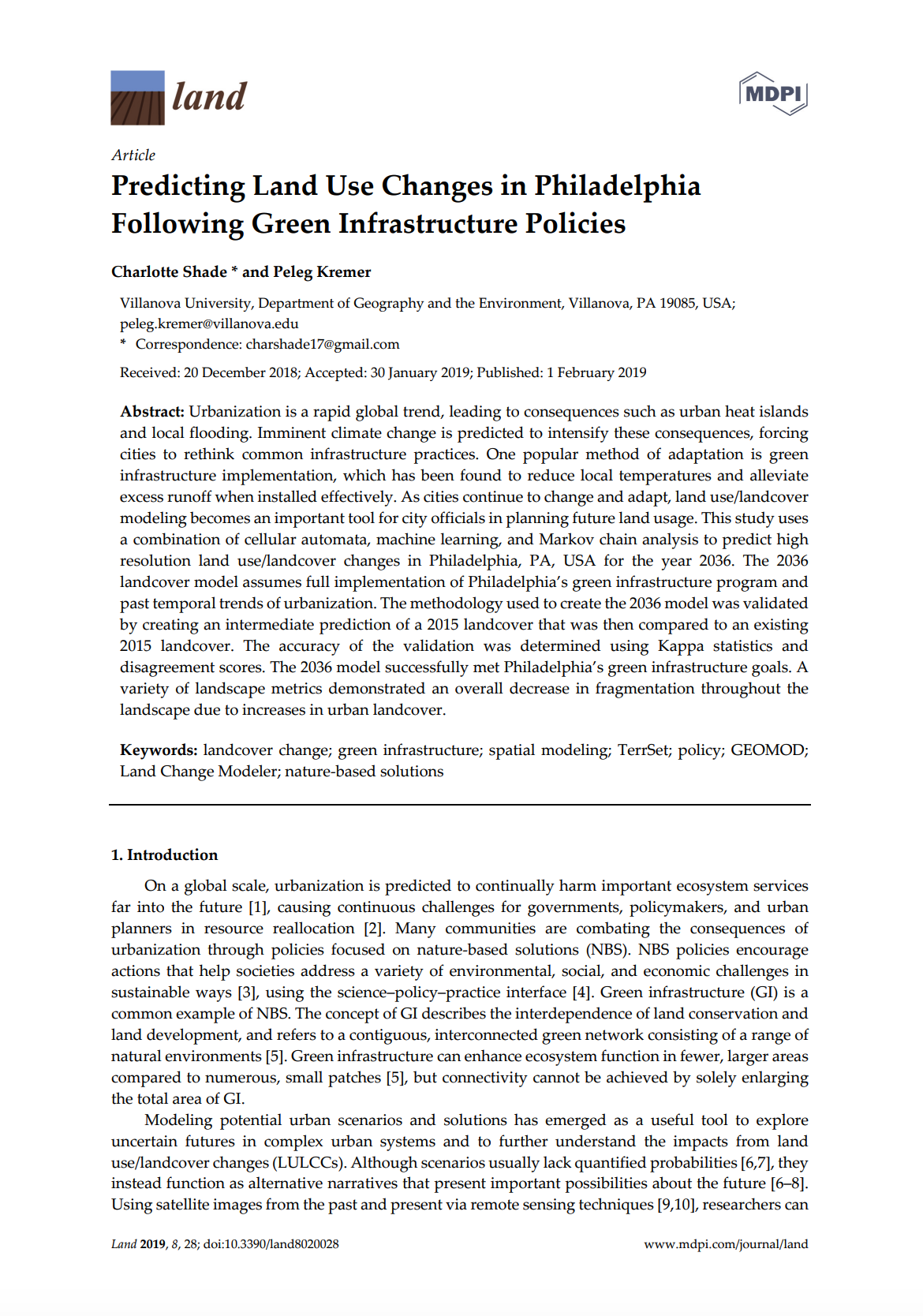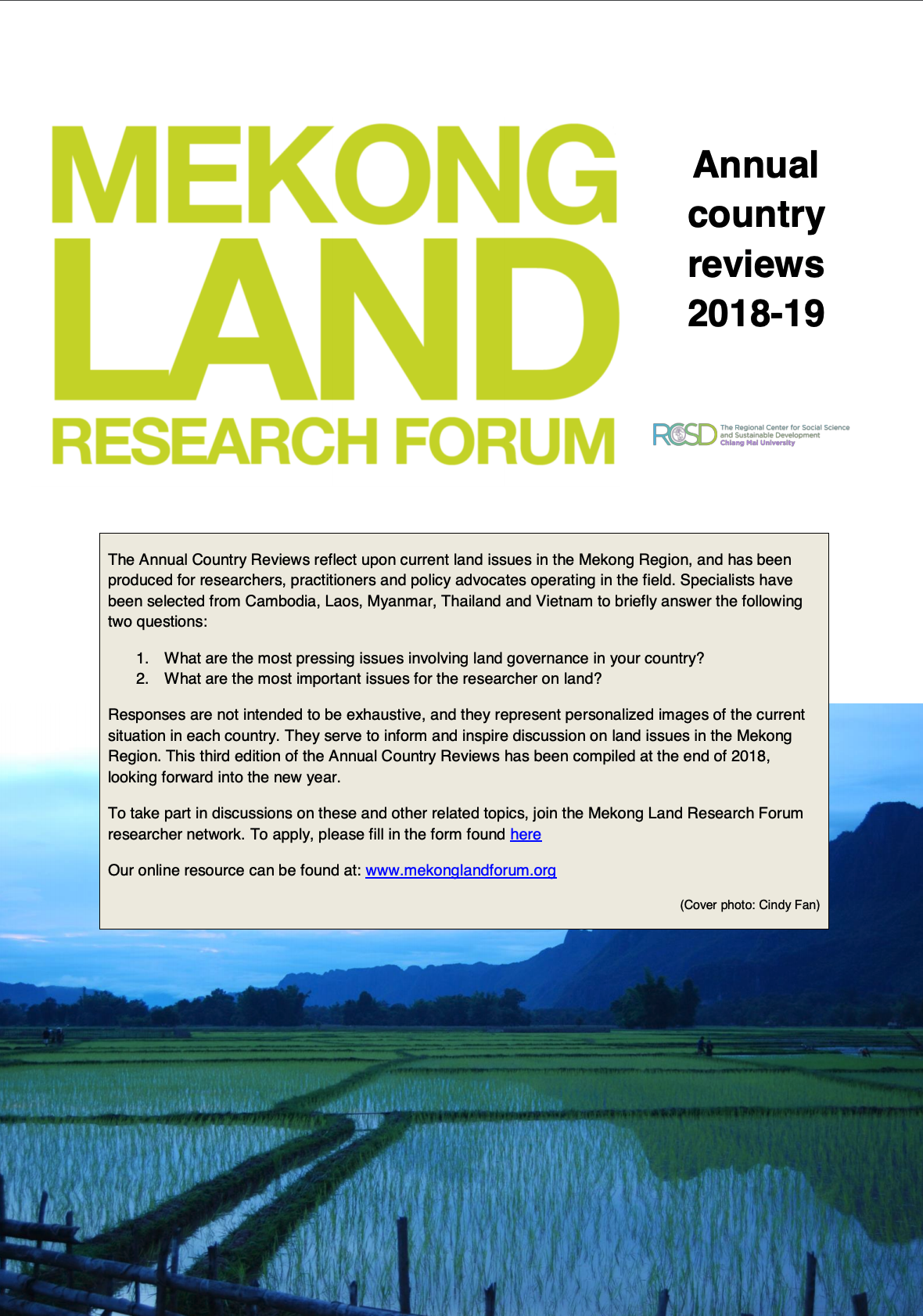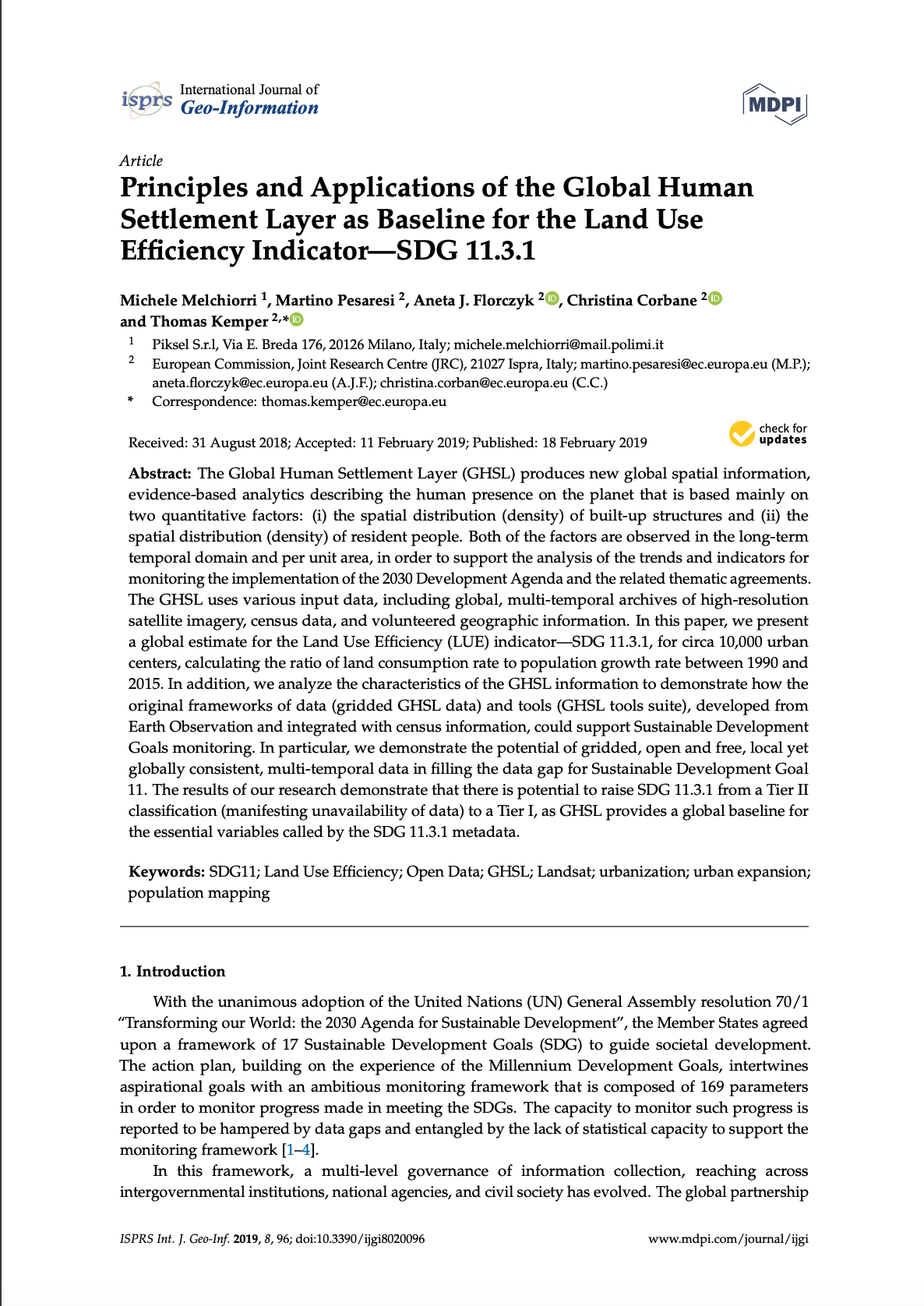A Systematic Comparison of Cultural and Ecological Landscape Corridors in Europe
Landscape corridors are narrow strips of land that differ from the matrix on either side. In addition to providing connectivity between fragmented landscapes, these corridors serve scenic, cultural, social, ecological, and recreational purposes.








